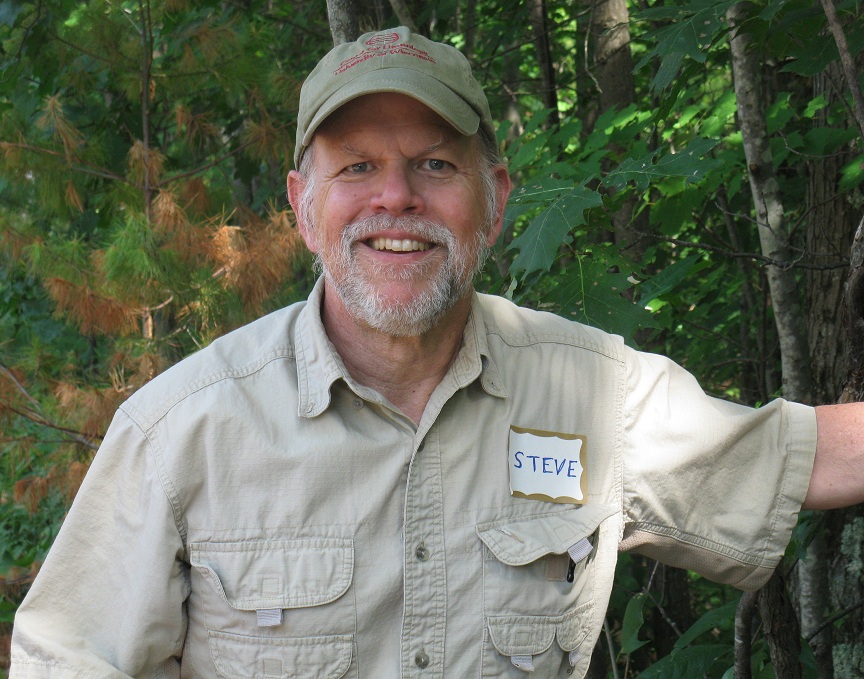Abstract Details
<< Back to Schedule
5/21/2015 |
09:15 - 10:00
| Ballroom ABC
Plenary IV
ENVISIONING FRESHWATER FUTURES
Freshwaters have never been more important to human well-being. Global policy analyses center on the energy-food-water nexus as the key to sustainability. Yet climate change, hydrologic flow modification, land-use change, chemical inputs, invasive species and harvest are causing massive transformations of freshwater ecosystems and losses of the benefits that they could provide to society. Underlying causes are complex. There is great uncertainty about the efficacy of policies and interventions to protect or restore freshwater ecosystems.
Scenarios that employ stories, art and models are one way to assess uncertainty and evaluate options for management of complex systems. The talk will sketch an overview of scenario processes for freshwater ecosystems and present an example from a Wisconsin watershed.
 Stephen R. Carpenter (POC,Primary Presenter/Author), University of Wisconsin Madison, Center for Limnology, srcarpen@wisc.edu;
Stephen R. Carpenter (POC,Primary Presenter/Author), University of Wisconsin Madison, Center for Limnology, srcarpen@wisc.edu;
Stephen Russell (Steve) Carpenter is a leader of whole-ecosystem experiments and adaptive ecosystem management focused on freshwaters. Topics include trophic cascades and their effects on production and nutrient cycling, contaminant cycles, freshwater fisheries, eutrophication, nonpoint pollution, ecological economics of freshwater, and resilience of ecosystems and social-ecological systems.
Carpenter serves as the Director of the Center for Limnology at the University of Wisconsin-Madison, where he is the Stephen Alfred Forbes Professor of Zoology. He is a member of the U.S. National Academy of Sciences, a Fellow of the American Academy of Arts and Sciences, and a foreign member of the Royal Swedish Academy of Sciences. Carpenter is the 2011 laureate of the Stockholm Water Prize. Other notable awards include a Pew Fellowship in Conservation and Environment, the G. Evelyn Hutchinson Medal of the American Society of Limnology and Oceanography, the Robert H. MacArthur Award from the Ecological Society of America, the Excellence in Ecology Prize from the Ecology Institute, and the Naumann-Thienemann medal of the International Society for Limnology.
Carpenter is Chair of the Science Committee for the Program on Ecosystem Change and Society of the International Council of Science. He is co-Editor in Chief of Ecosystems, and a member of governing boards for the Beijer Institute of Ecological Economics and the South American Institute for Resilience and Sustainability Studies. Carpenter is a fellow of the Ecological Society of America, and founding member and Fellow of the Resilience Alliance. From 2000-2005 he served as co-chair of the Scenarios Working Group of the Millennium Ecosystem Assessment. He led the North Temperate Lakes Long-Term Ecological Research program at U.W.-Madison from 1999-2009. He is a former President of the Ecological Society of America. Carpenter has published 5 books and more than 300 scientific papers, book chapters, reviewed reports and commentaries. He received a B.A. from Amherst College (1974), M.S. from University of Wisconsin-Madison (1976), and Ph.D. from U.W. Madison (1979). From 1979-1989 he served as Assistant and then Associate Professor at the University of Notre Dame. He joined the U.W.-Madison faculty in 1989. A full biographical sketch, publication list and contact information are posted on http://limnology.wisc.edu/personnel/carpenter/.



